Can Tho City leaders speak at the meeting. Photo: VGP/Dinh Nam
“One destination, multiple services”
According to the report of the Ministry of Agriculture and Environment , the establishment of the Center is identified as a strategic solution to establish a closed value chain, linking production - processing - consumption of agricultural products. With the orientation of "one destination, multi-service", the Center is expected to become the nucleus to promote the connection between farmers, cooperatives, processing and exporting enterprises.
It is expected that the Center will have Area 1 (50ha wide) including administrative, management and support service areas; public services; trade, import and export; logistics and supply chain management; other functional areas according to the approved planning. Area 2 (about 200ha wide) will have technology application research; deep processing of agricultural products; residential areas for experts and workers; centralized waste treatment area and other functional areas according to the detailed planning.
The center has the function of linking activities throughout the agricultural chain, from production, service provision, trade, logistics to research, training, technology transfer and product consumption. This will be the focal point for promoting deep processing activities, applying high technology and developing an ecosystem of services for agriculture in the Mekong Delta region.
Regarding its mission, the Center will attract domestic and foreign investment projects in the fields of raw material production, processing, product consumption; supply of materials, equipment, technology, biological products; consumption support such as agricultural product trading floors, quarantine, logistics, storage, warehousing, classification, distribution, freight forwarding, technical inspection, waste treatment.
The center will be a place to concentrate production, processing and sale of agricultural products, creating favorable conditions for businesses and people to access the market and increase product value. In particular, the establishment of a regional cold storage facility capable of storing agricultural products after harvest for up to 90 days, instead of just 7 days as at present, is a breakthrough in preservation infrastructure. This solution will help people be more proactive in selling prices, choose the right time to consume, thereby improving profits and minimizing the risk of "good harvest, low price". At the same time, businesses are also guaranteed a stable source of raw materials for processing, contributing to balancing supply and demand in the production chain...
Speaking at the meeting, Deputy Minister of Agriculture and Environment Tran Thanh Nam said that in the process of developing the Center Project, the Ministry had consulted the model of wholesale markets supplying agricultural products in a number of countries with full functions: import and export, quarantine, customs, banking, administrative services, etc. Therefore, the Center is a complex of production - processing - consumption - logistics - wholesale market - services, linked with the provinces of the Mekong Delta to coordinate the supply of agricultural products such as rice, fish, shrimp, fruits, etc. The factories located at the Center must be refined processing facilities, adding value to agricultural products.
Delegates suggested that the Center should have a clear socialization model; undertake stages with high technology and technical content in the agricultural value chain from planting - harvesting - processing - packaging - exporting; and clearly define the public-private coordination mechanism. In addition, the Center should aim to connect domestic and international goods, not stopping at the regional level.
Representatives of the Ministry of Justice and the Ministry of Industry and Trade proposed to stipulate clear criteria for selecting qualified, high-tech, large-scale enterprises operating in the Center; agricultural product trading floors, especially rice...
Enterprises are the subjects, the State creates the foundation.
Concluding the meeting, Deputy Prime Minister Tran Hong Ha said that according to the current decentralization and authorization regulations and regulations after Resolution No. 45/2022/QH15 was issued, Can Tho City has full authority to establish, organize and operate the Center for linking, producing, processing and consuming agricultural products in the Mekong Delta region to call for investment, clearly defining goals such as: agricultural product export hub, connecting international markets, developing the Halal market (food for Muslims)...
In that spirit, Can Tho proactively builds a separate investment project, in line with the goals set out in Resolution No. 45/2022/NQ15, "clearly defining what the locality will do, what the Central Government will support, and what businesses will do themselves. Apply existing mechanisms immediately, and propose clearly what is not yet available or needs superior incentives".
For items that can be socialized, Can Tho boldly assigns them to businesses to implement. For fundamental tasks that require large investments or are difficult to attract businesses, the State invests and supports such as: irradiation equipment, laboratories, seed research centers, technology transfer, etc.
In addition, the Center should encourage high-tech production sectors that use little land but are efficient; focus on research, testing, transfer, varieties, technology, especially logistics, standardizing goods, creating a true trading market, including domestic and international trading floors, e-commerce; at the same time, connecting markets, harmonizing standards with other countries if possible.
“All contents of the project can be implemented under a pilot mechanism, from detailed planning, land mechanism, public-private cooperation model, establishment of markets, agricultural product trading floors...” - said the Deputy Prime Minister.
Regarding the organizational structure, the Deputy Prime Minister said that enterprises must be the investors and operators. Departments, branches and localities only play the role of state management, ensuring mechanisms, policies and supervision according to their functions.
“Can Tho City needs to clarify the orientation and criteria for selecting investors, creating conditions for them to promote creativity. For items that enterprises cannot do, the State will invest. For what enterprises can do, let enterprises do. In the policy mechanism, clearly show the principle, there is a public part, a private part, there are items of public investment - private operation and vice versa” - the Deputy Prime Minister emphasized.
The Deputy Prime Minister assigned the ministries of Agriculture and Environment, Industry and Trade, Finance, Science and Technology... to closely coordinate with Can Tho City to arrange state management units in the Center such as customs, quarantine, banking, public services... "there should be a comprehensive consulting unit on law, technology, trade..."; pilot the establishment of an agricultural product trading floor in the Mekong Delta region; study the plan to build a national rice reserve warehouse in the Center to ensure food security and regulate the market when necessary...
“The project not only serves Can Tho or the Mekong Delta region but also expands to the whole country, aiming to bring Vietnamese goods to the international market,” the Deputy Prime Minister requested.
DIEP TRUONG (Vietnam News Agency)
Source: https://baocantho.com.vn/doanh-nghiep-la-chu-the-nha-nuoc-kien-tao-nen-tang-a187402.html


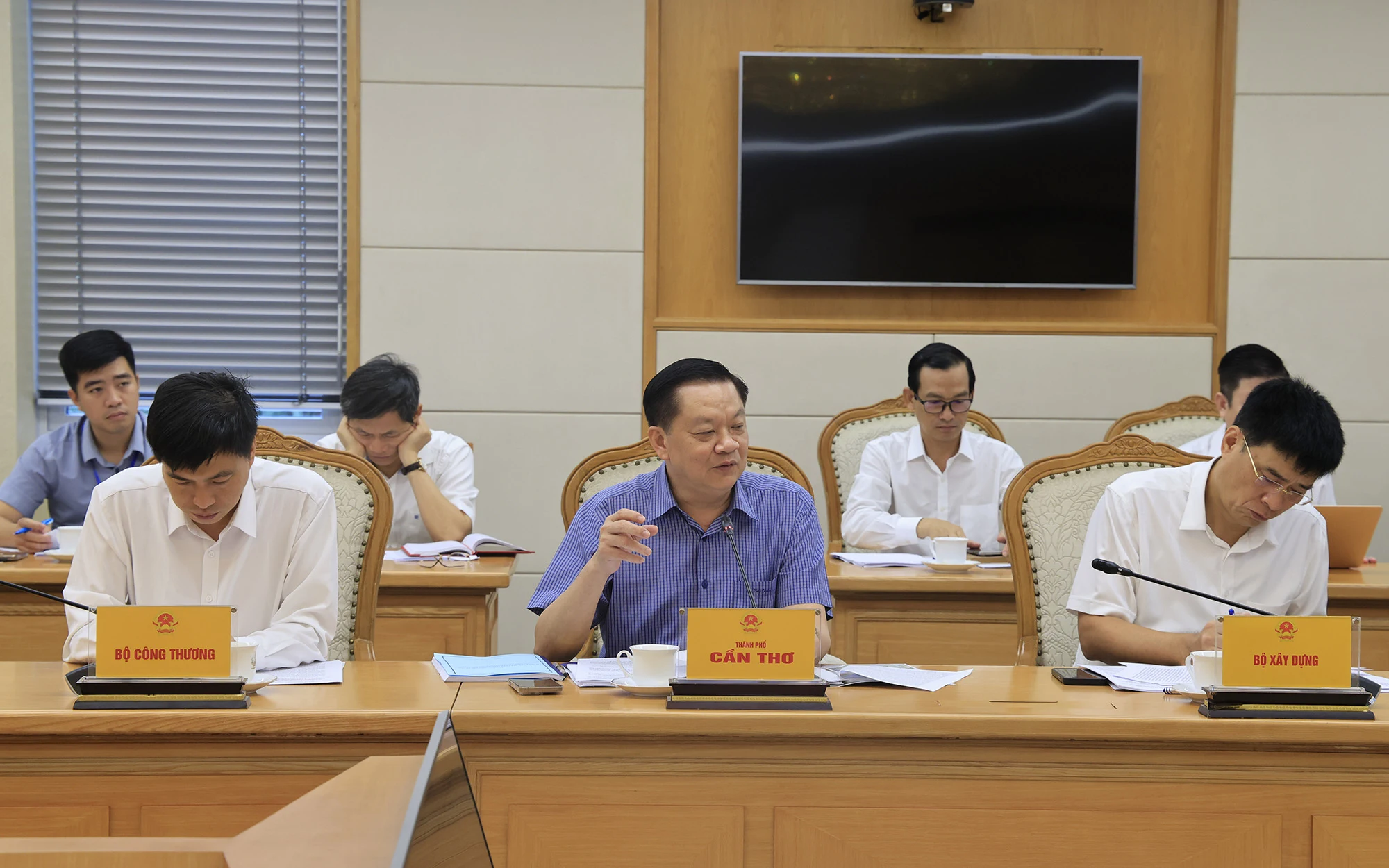



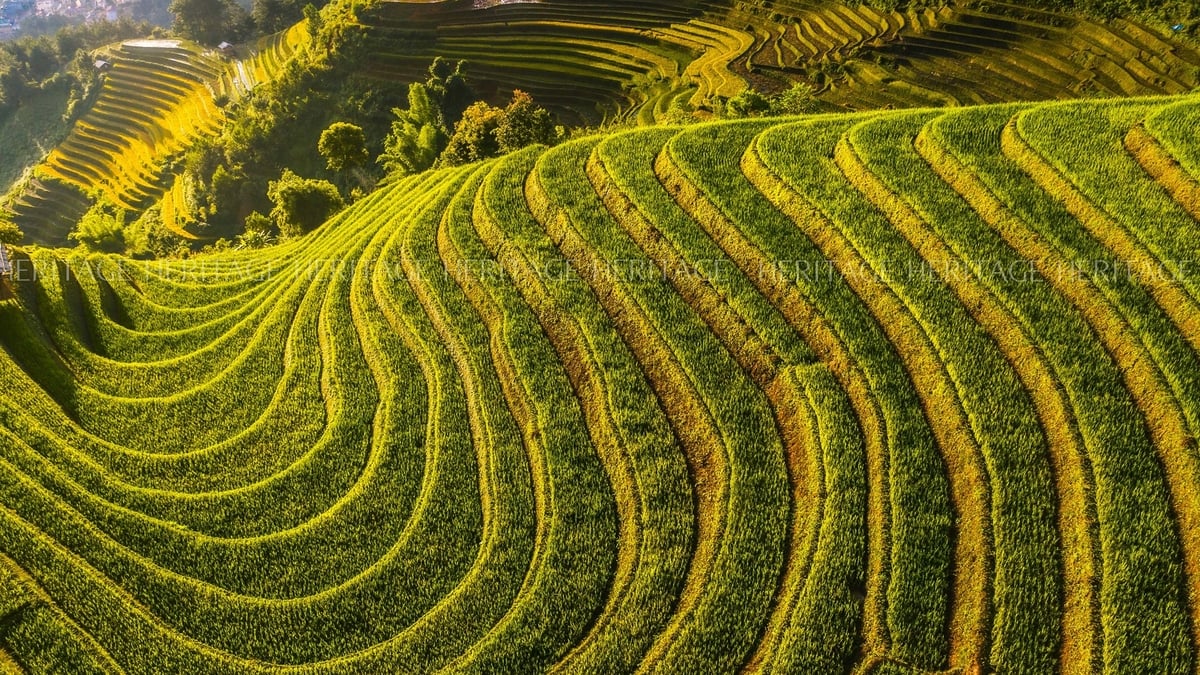

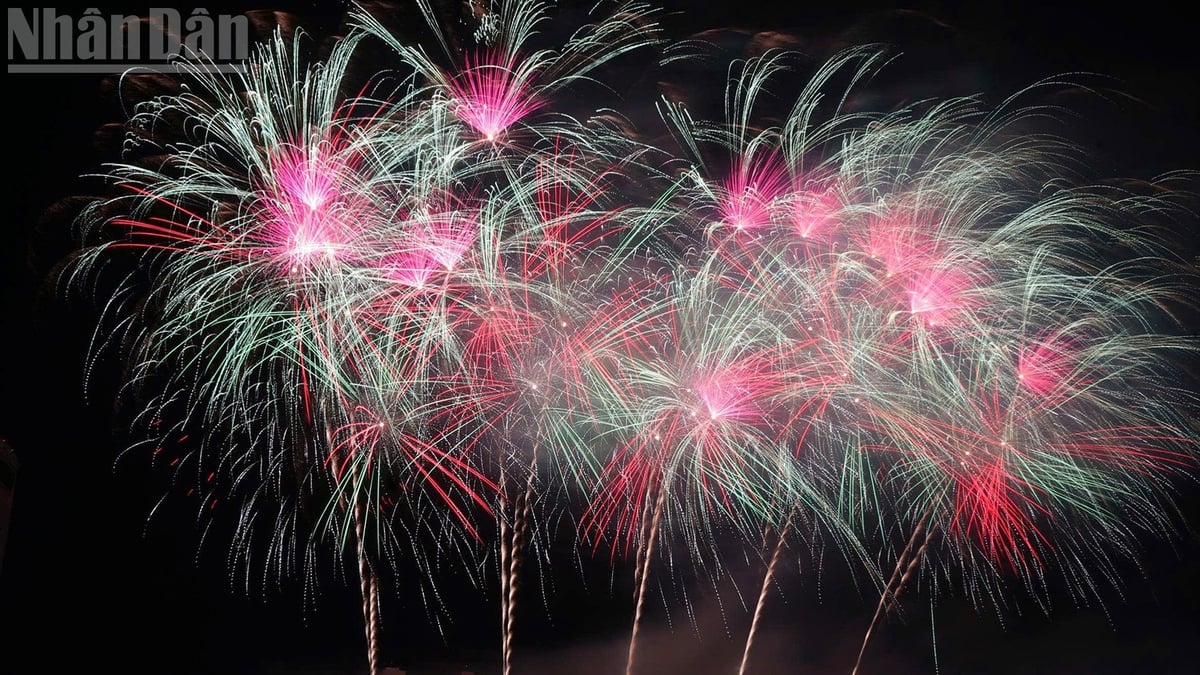




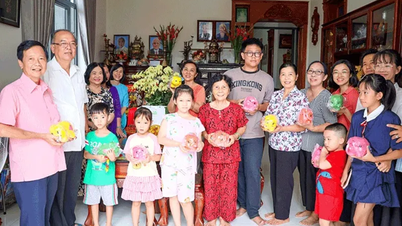

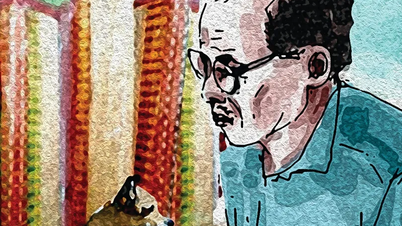
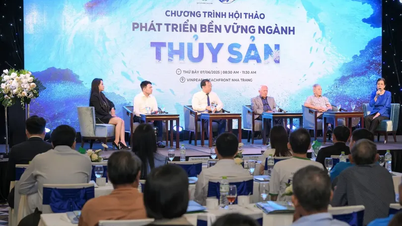
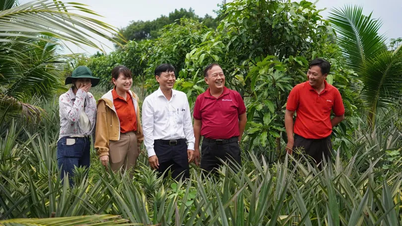
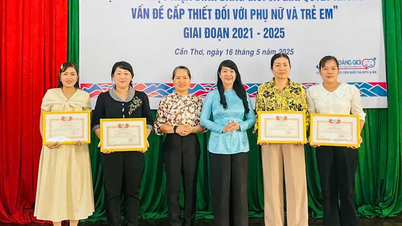
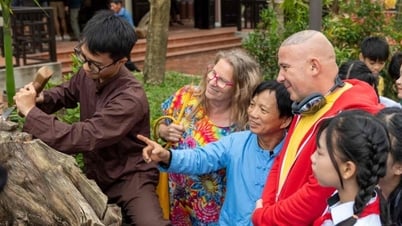











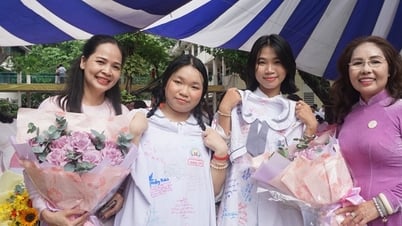





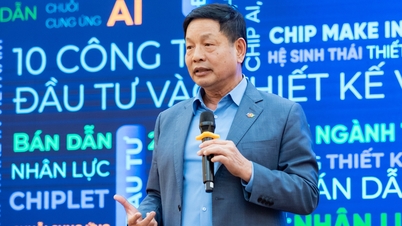


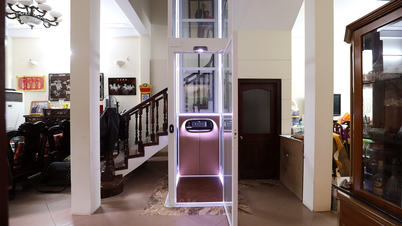









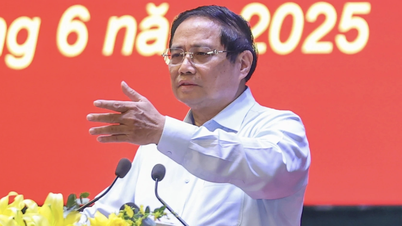

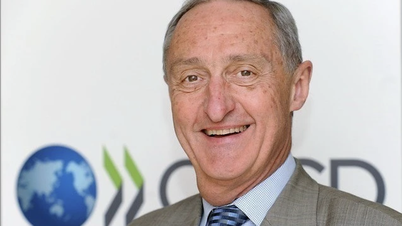

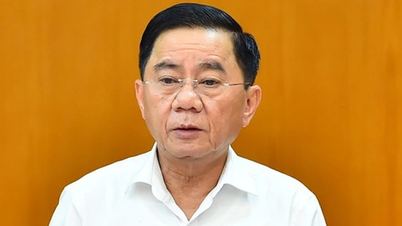

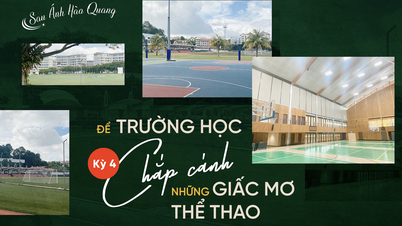


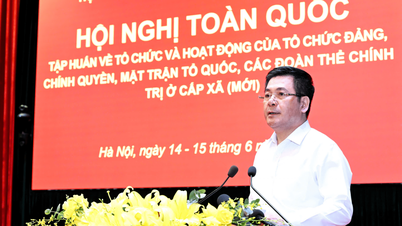
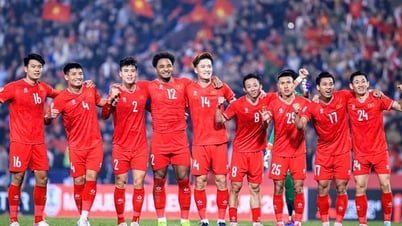

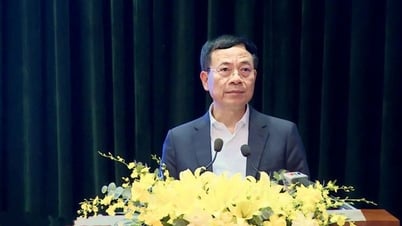



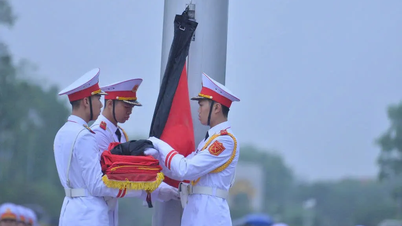

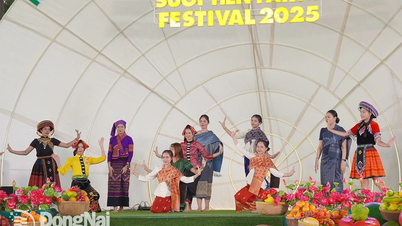

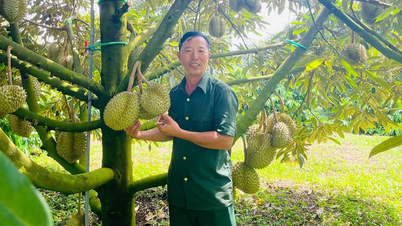

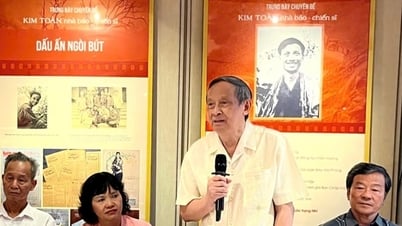

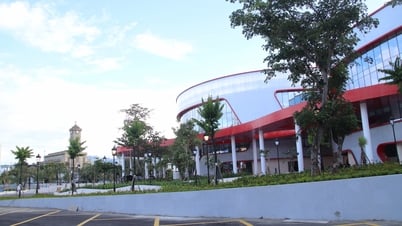

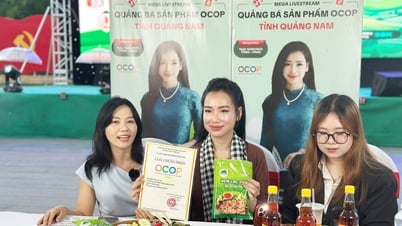







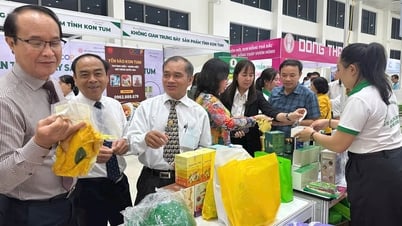


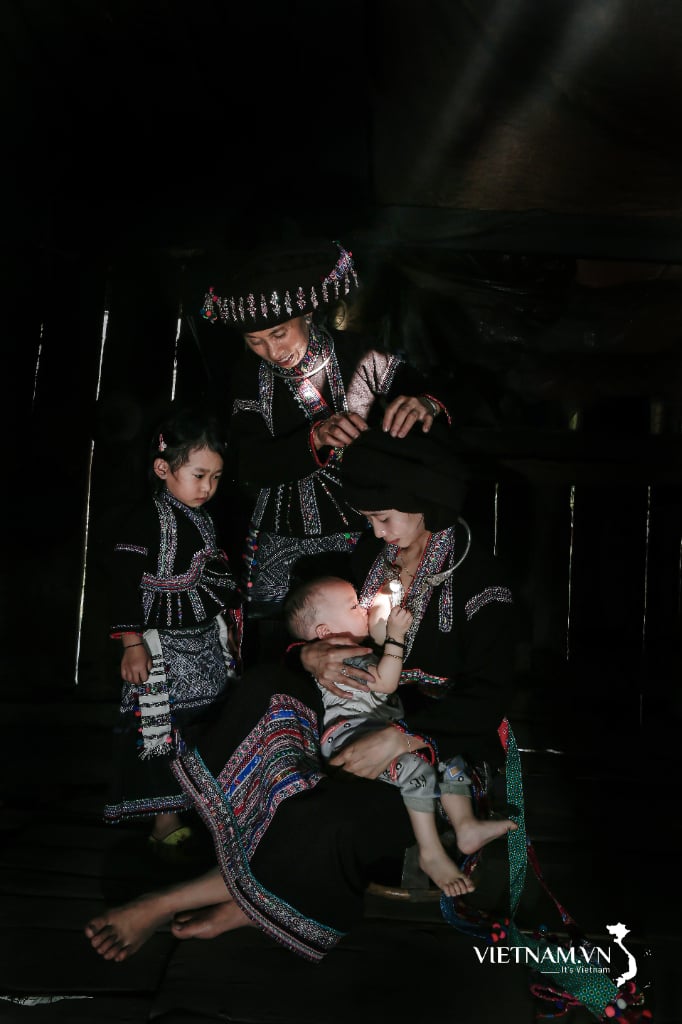
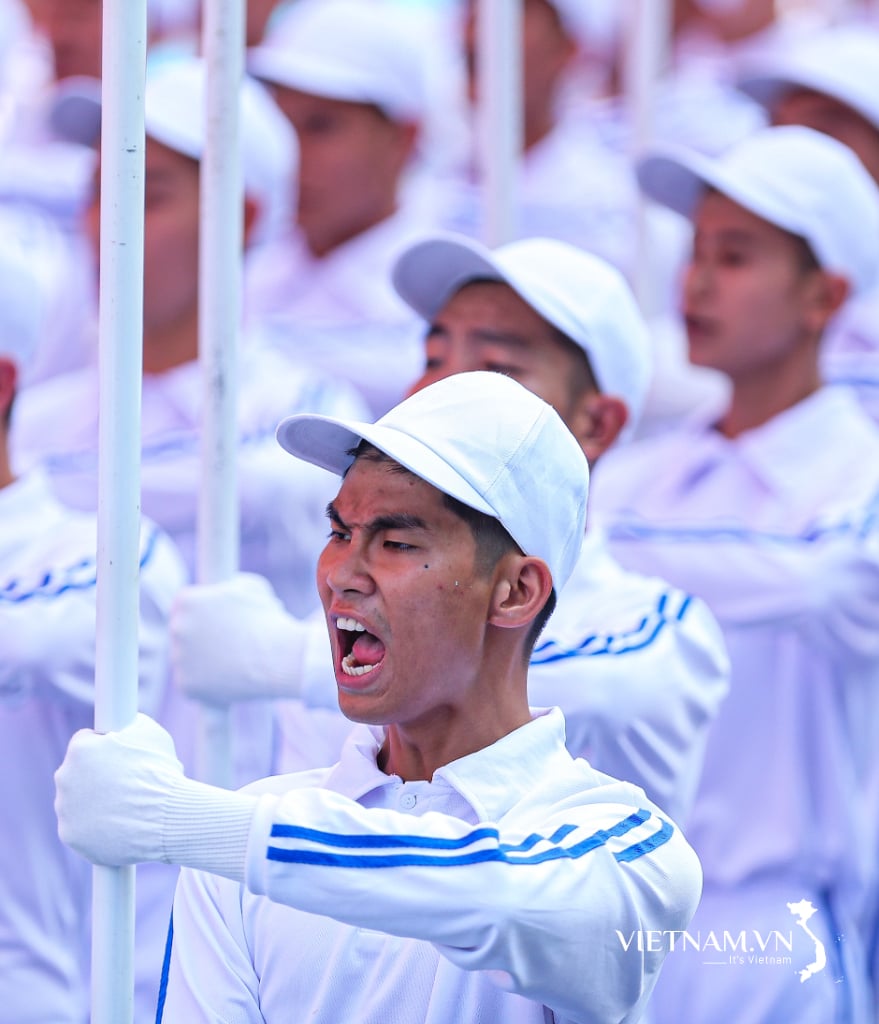

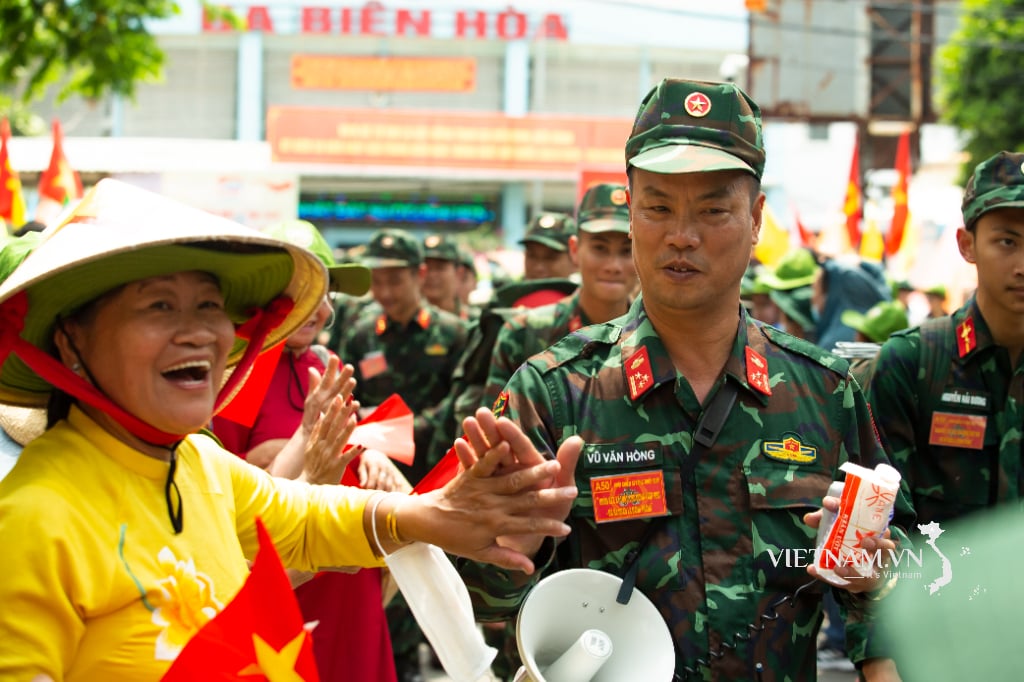
Comment (0)